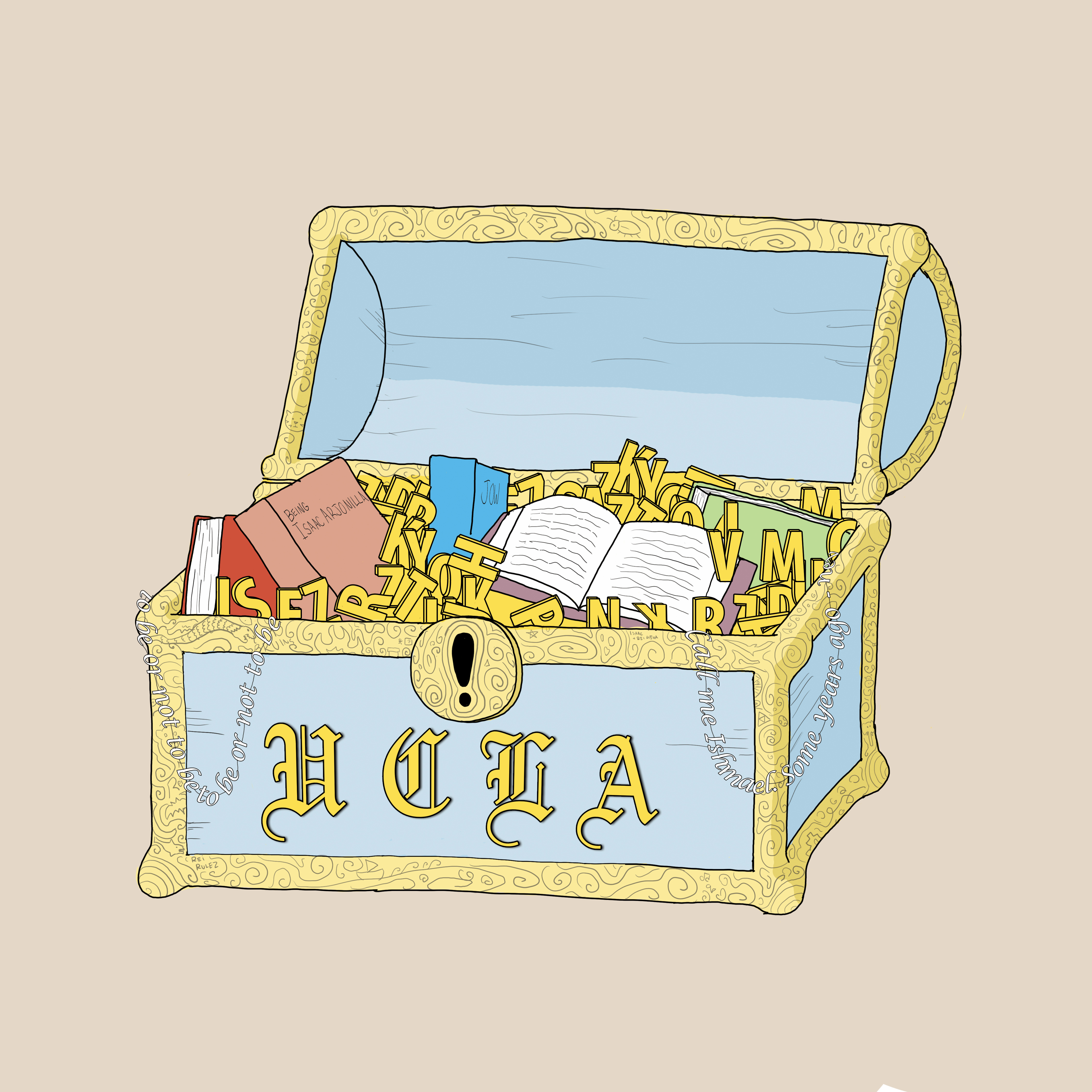The brightness of day filters through a large window onto a matte black typewriter, the dimples of its glossy keys forming multiple pools of reflective light. Bookshelves, standing as sentries of the published word, line the walls before it.
“I’ve received so much from books. I feel like they’ve taught me how to live and how to think, and so I want to be a part of that conversation,” said Mona Simpson, novelist and UCLA professor of English.
The surrounding literature and the aged writing relic in the accomplished author’s office seem to exude approval; their affirmations bound by ink and page instead of voice.
Simpson, like many other professors at UCLA, has been able to turn her passion for writing into a successful career. She has written multiple novels, and has received awards for many of them.
But in the midst of one of the worst economic recessions ever, success derived from the published word has become a rarity. Job instability is an accepted obstruction for most college students and graduates, especially in the arts.
“Some novelists make money, but I have read that the average novelist makes $5,000 a year from their actual novel writing, so most novelists that I know are teaching or doing some other job,” said Harryette Mullen, poet and UCLA English professor. “They’re not making a living from their writing. … I think you have to separate the two things, making a living from making your art.”
Mullen, like Simpson, said she funneled her affinity for writing into the world of academia, allowing her to remain loyal to her creative tendencies and earn a decent living at the same time. Mullen has also published numerous critically acclaimed poems and short stories.
Fellow poet and English Professor Stephen Yenser said that his writing capabilities became apparent early on in his life.
“When I grew up, my friends had a lot of other interests, and were especially good at making and fixing cars but I couldn’t do that very well. I was very good at getting dirty … but I found out eventually that I was a writer,” Yenser said.
Yenser’s most recent publication, “The Blue Guide,” is inspired by the Hachette guides to places in Europe. According to Yenser, the book primarily focuses on Greece. It is named not for the politics of the country, but rather for the blue of the Aegean. He has also written numerous critical essays on James Merrill and Robert Lowell.
When it comes to writing, Yenser said that it may not be a pursuit fit for those who are merely mildly passionate about the art form.
“The arts are not particularly remunerative. If you don’t care a lot about what you’re doing, then maybe you should be doing something else,” Yenser said. “I tell a lot of my students who want to go on to graduate school in English, that if there is something else they can imagine doing and enjoying just as much, they should definitely do it, because the job opportunities are so bad for English majors.”
According to Mullen, that constant fear of an empty stomach as a professional writer should not deter students from following their dreams, because society will always demand literature.
“I do, however, believe that we have a reading crisis and a literacy crisis. I think people will always want stories. … We may be going from the book to the nook, but we still want that story,” Mullen said.
UCLA’s literary treasures ““ professors wielding pens and typewriters as the guarantors to their bank accounts ““ illustrate that it is not impossible to turn a love for writing into an occupation.
“It’s a challenge if where your passion leads you happens to be into the arts, because it’s always been a less stable field,” Simpson said. “But you have to meet that challenge, because there’s no way out of it. You’re not going to be happy working with something you don’t care about.”
